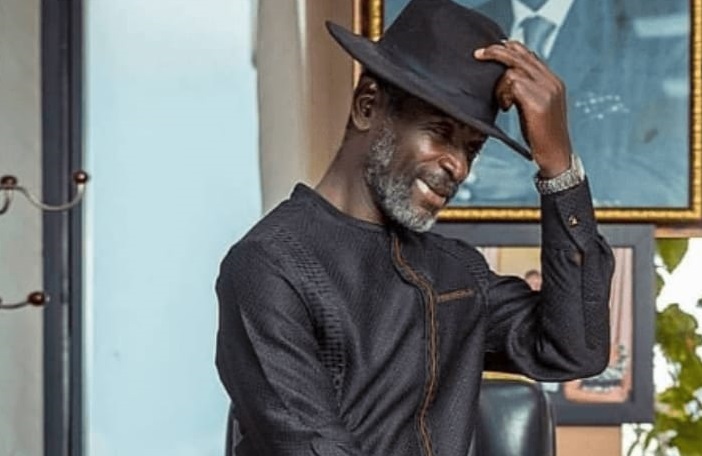
My exit from UT Bank exacerbated its woes - Kofi Amoabeng
The Co-founder and former Chief Executive Officer of the erstwhile UT Bank, Mr Prince Kofi Amoabeng, has said while his exit from the bank was to help it recover from the challenges it was facing then, the move rather exacerbated its woes.
He said after so many years as the CEO of the bank, he felt it was time to make way for new ideas and new hands to revive the bank which was going through some difficulties, but that decision did no work as planned.
Appearing on the Springboard, Your Virtual University, he said: “The bank was not doing well and as part of the restructuring, I offered that I have been CEO from the beginning and have stayed too long so as part of measures to put the bank back, I decided to exit. The problems started when I was there and I thought leaving will give a better chance of recovery. While my exit was supposed to bring the bank back, it actually exacerbated its demise.”
Betrayal by people
Mr Amoabeng said while he was a firm believer in systems, processes and institutions, he was also a firm believer in people.
He said it was his love for people which led him to trust certain people who took some decisions that hurt the bank.
Advertisement
“I believe in systems, institutions, processes, policies, but I also love people and that is a part of me that I don’t put out. When I appoint people or put people in position, I trust them and give them the space to do their best, and unless they really mess up, I always give them a second chance.
“Most of the problems we faced came as a result of my trust for people who did things they shouldn’t have done and let me down,” he stated.
Transitioning into a bank
The former CEO also pointed out that the transitioning from UT Financial Services to UT Bank came with many problems.
“We took over an existing bank which was ailing and we merged it with UT Financial Services to become a bank. Between the old bank and UT Financial Services, we didn’t have what the regulator calls top bankers.
“We were not bankers and the old bank had also lost its top bankers so we had to poach bankers from various banks and this was our biggest problem,” he explained.
He said what had made UT succeed over the years was its unique culture which was one of openness, respect for all, and integrity.
“Now all of a sudden, there were about 200 more people joining and when you have a culture and you are growing organically, it is easy for you to initiate the two, three people who come in, but when you have 200 people coming in and some of them come in to sit at the very top and come with their own culture which clashes with our existing culture, it becomes a problem.
“That was the biggest problem we had, so while I was leading a culture that was unique to us, the departmental heads were also breaking the chain and practising their own culture which they had come with,” he noted.
The business wilderness
Mr Amoabeng, who is a retired military officer, said he walked out of the military without a plan B and there were also no jobs at the time.
He said that was what led him into business by default.
“I didn’t have anything to do so my next door neighbour who was a business man became my very good friend. I became his assistant in selling calculators. He later registered a sawmill and asked that I should be part of it. Those days, business people were afraid of soldiers and what they could do to them but because I came from the army, I didn’t have any fear for the soldiers so I was sort of protecting him and also learning how to do business from him,” he explained.
He said for about 15 years, he was in the business wilderness, learning all kinds of businesses.
“I started from buying and selling, then we went into sawmill, then I broke off with my partner, but before we broke off, we were into so many businesses, ranging from air condition business, construction, oil business and importation of wine, which got me into trouble. I did almost everything and all these were to actually prepare me for what I had to do,” he noted.
He pointed out that the 15 years of doing all kinds of businesses and failing in most of them and starting new ones offered him some great lessons and training which helped him when he started UT Bank.

